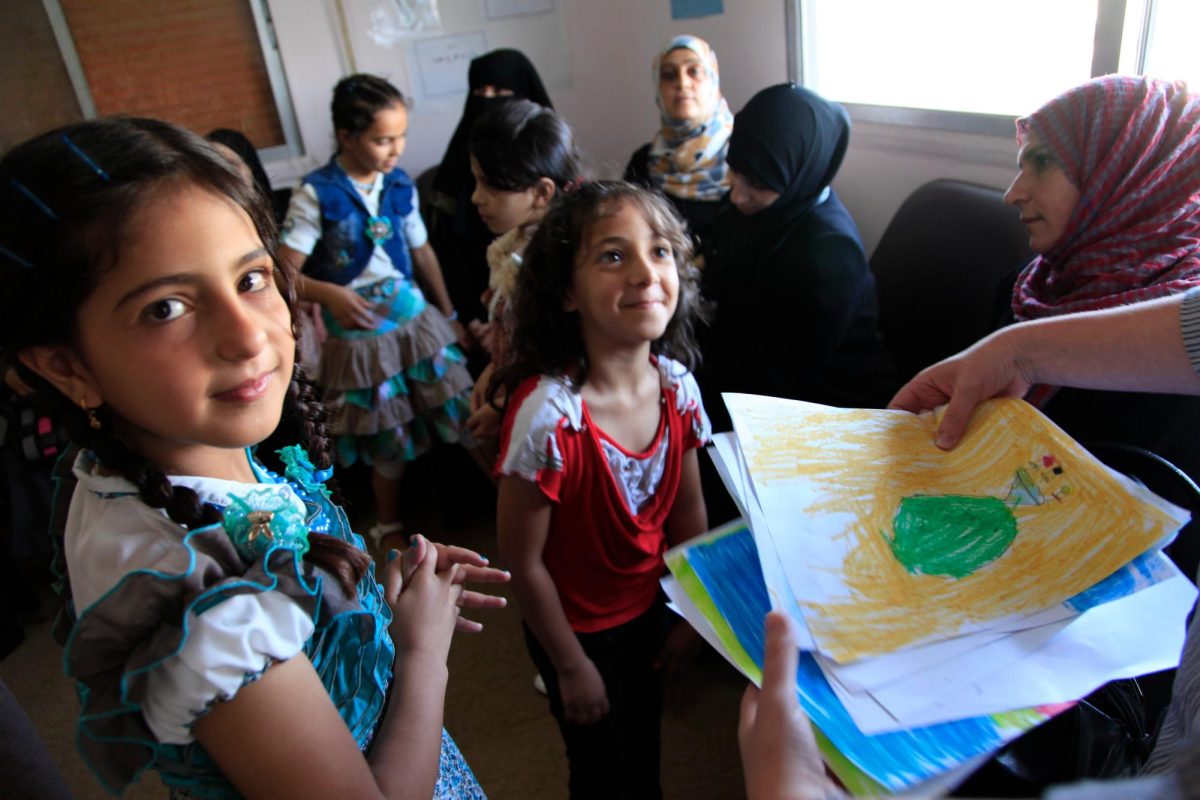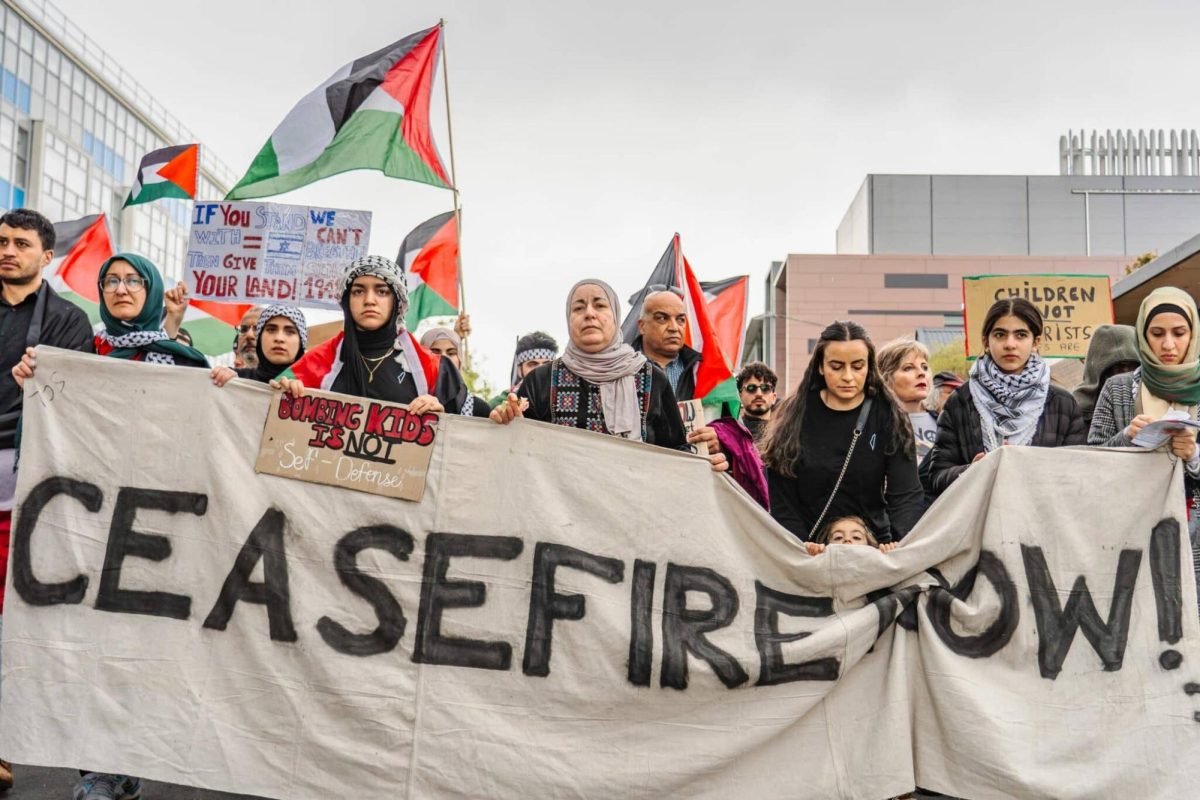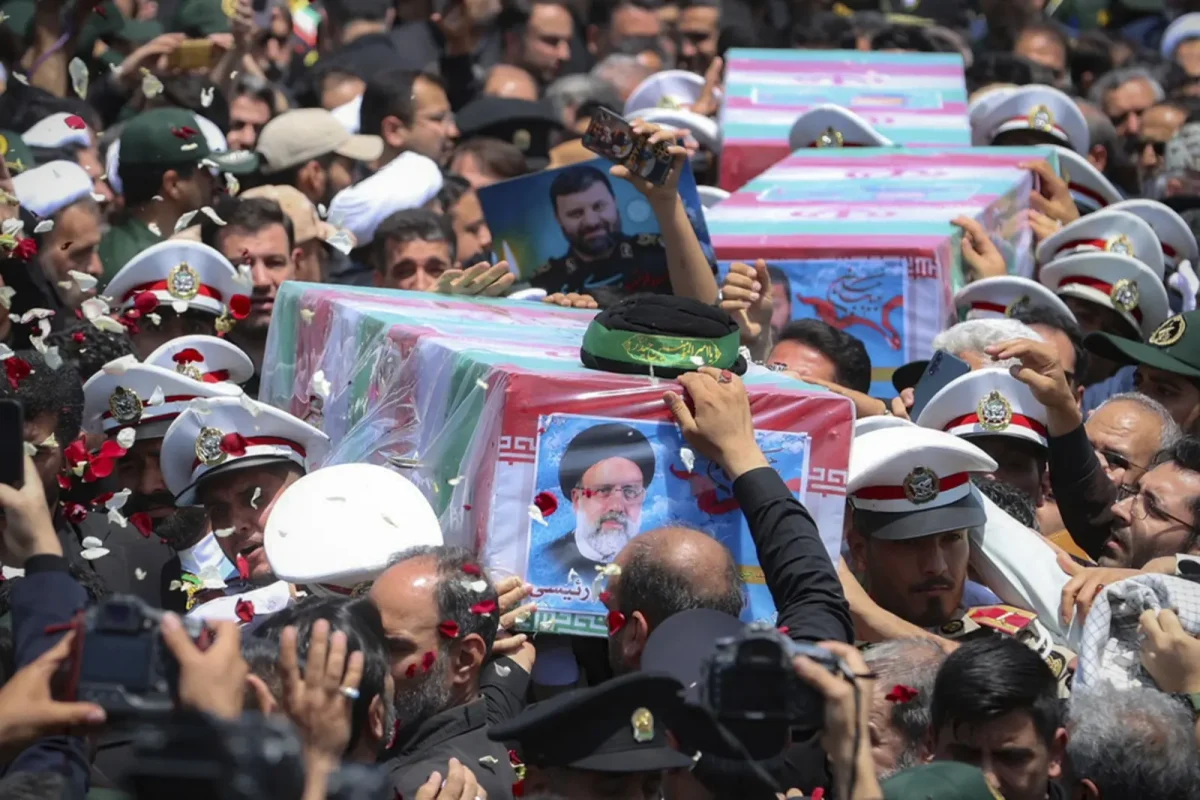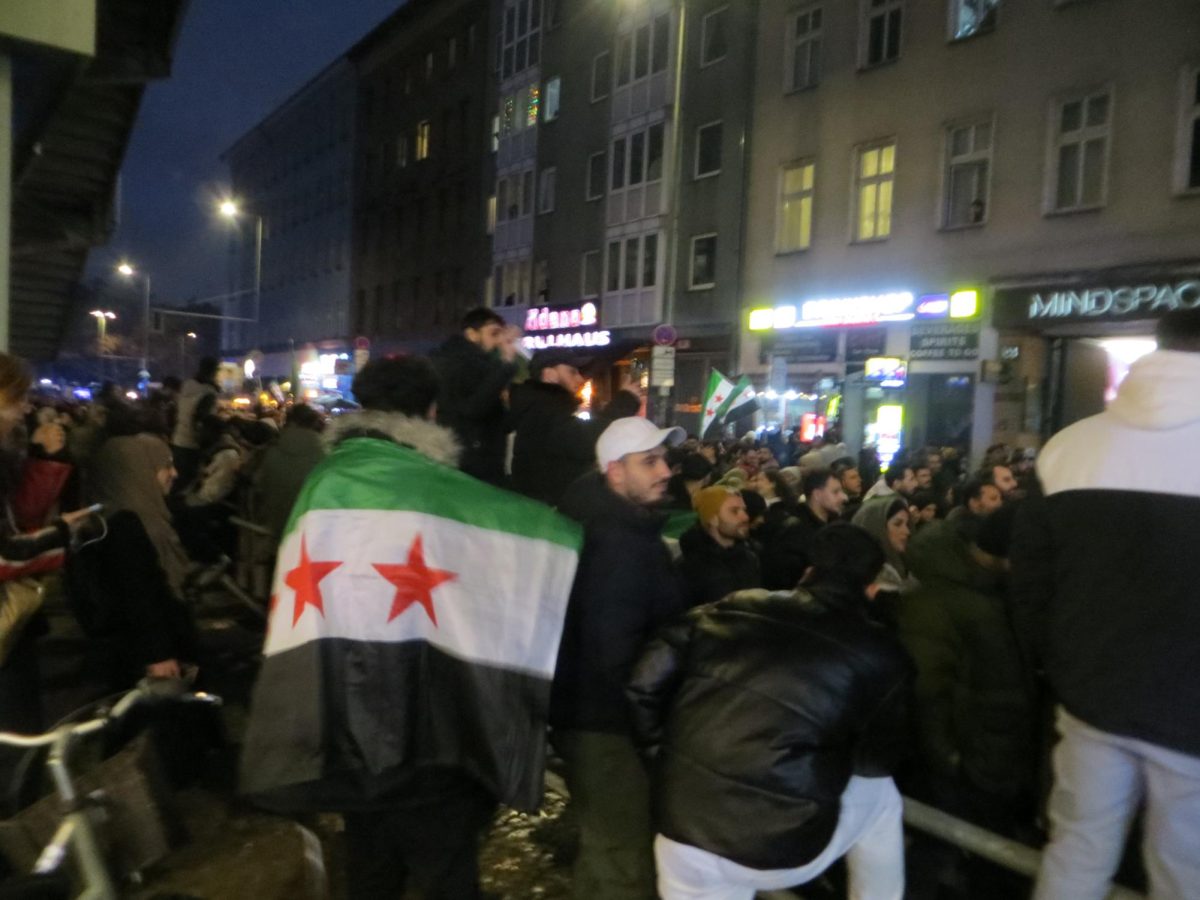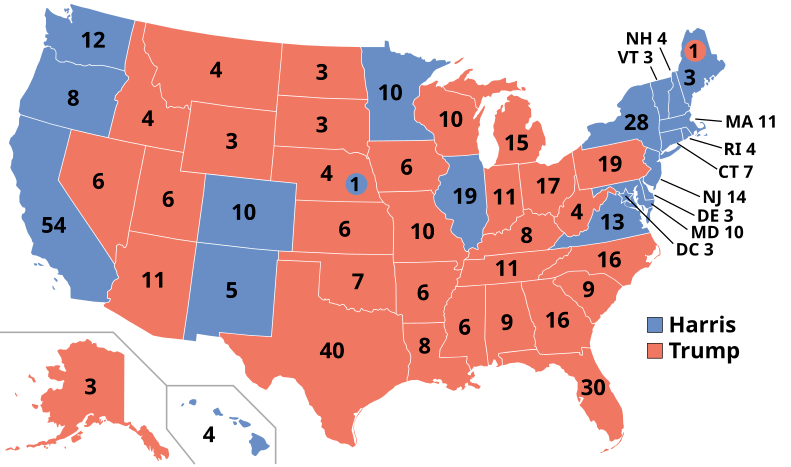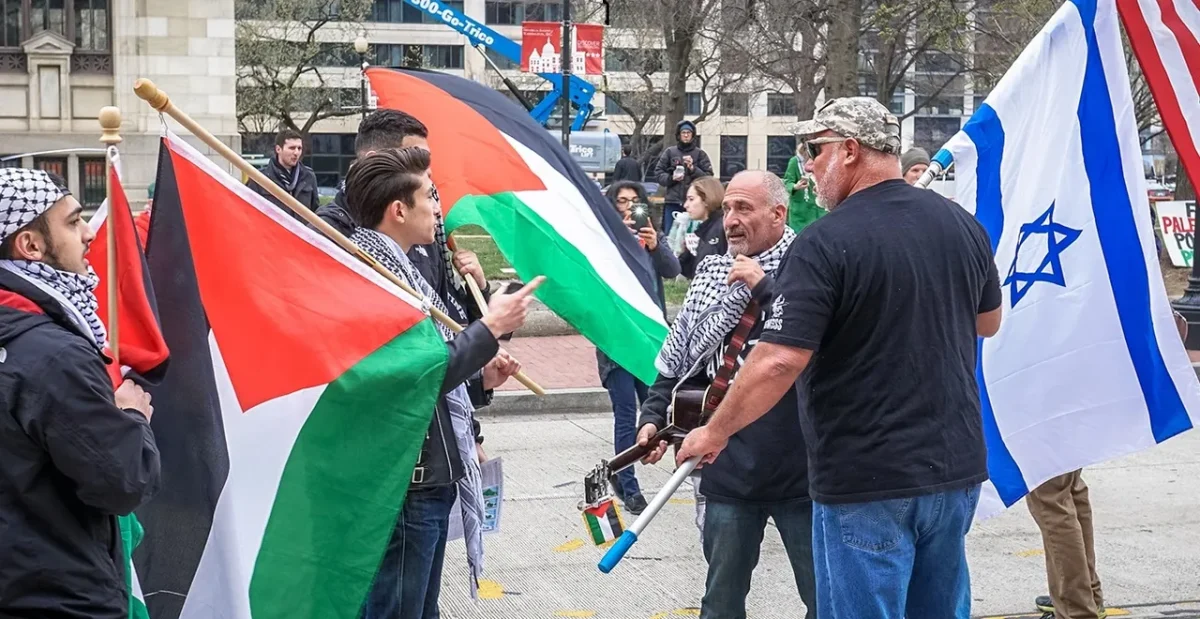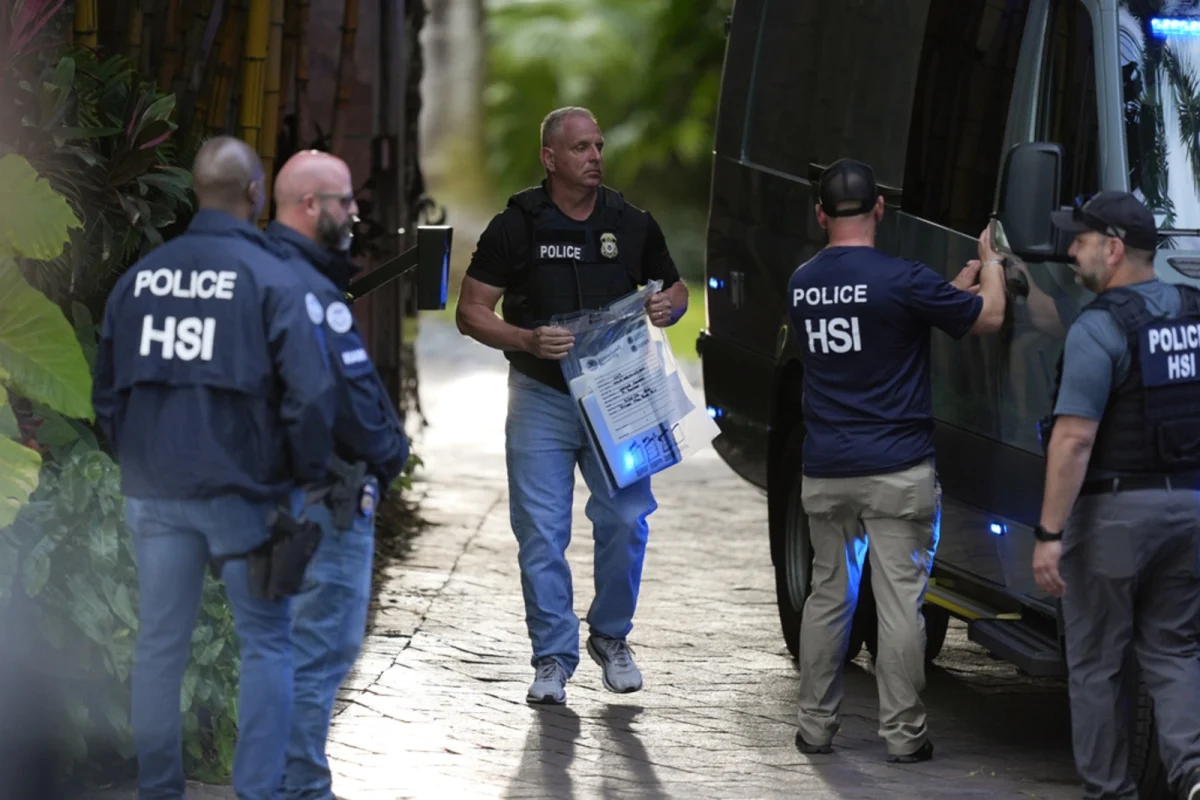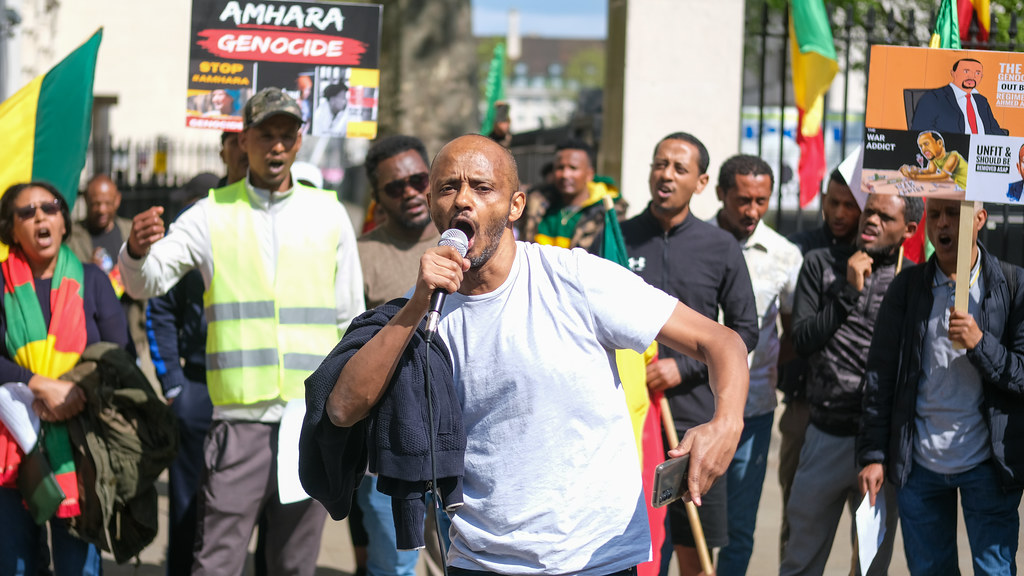Despite Ethiopia’s ceasefire with Tigray on November 03, 2022, ending the most devastating conflict of the 21st century, fighting erupted once again on April 9, 2023, this time against Ethiopia’s former ally and terroristic Fano. Directly translating to “The Youth”, Fano is an ethnonationalistic militia located primarily in the Amhara Region that believes in both Ethiopian nationalism and Amhara nationalism. Although Fano’s ideologies are not inherently bad (With a historically positive reputation for fighting Fascist Italy), extremism corrupts their aims.
Throughout the Tigray War, Fano and the Ethiopian Federal Government maintained good relations due to a common enemy, the Tigray Region/Tigray People’s Liberation Front. Ethiopian Prime Minister, Abiy Ahmed, desires to centralize the federalized government, which the TPLF opposed and impeded; whereas, Fano aspires to fulfill their irredentist claims on the Welkait and Raya regions in Tigray. Irredentism believes that land that used to be a part of a nation should return to the said nation; however, despite irredentism immensely fueling Fano’s fight, persisting as their primary motive in war, Fano’s claim over Welkait and Raya is based on sand.
During Emperor Menelik II’s rule, Menelik carved and battered the Lordship of Tigray between 1896 and 1907. His predecessor, Emperor Yohaness IV, whom Menelik betrayed, was from Tigray. Menelik could not trust Tigray after his treachery, especially as Tigray was the only province with sea access, leading him to cede Tigray-controlled Eritrea to Italy as a colonial possession and dividing Tigray into multiple separate provinces. Fast forward to 1943, the First Woyane Rebellion, where Tigray patriots rebelled against Emperor Haileselassie’s centralization and mistreatment of Tigray. Rapidly capturing almost all of the province, Haileselassie called upon the British Royale Airforce to suppress the most threatening uprising of his rule. To deter possible future rebellions and “Box Tigray in,” Haileselassie awarded the Begmender Province with the Welkait and Semien provinces and Wollo Province with the Lasta and Wag provinces (Raya).
After the TPLF’s coalition toppled the communist Derg regime in 1991, they created ethnic-based borders, reincorporating Welkait and Raya into Tigray. Fano remembers the brief period from 1944 to 1990, as if Amhara-dominated regions subjugated Welkait and Raya for all of history, emboldening their extremist beliefs and incoherent irredentist claims over land that was acquired through fickleness. Ghent University remarks, “However, many Amhara nationalists have claimed historical possession of these lands. Although this “historical ownership” argument is irrelevant to the current federal setup, Amhara irredentist claims should be scrutinized more closely. After all, Amhara irredentism has been a driving force in the Tigray war. Removing this most productive zone from Tigray appears also to be part of a strategy to impoverish and subjugate Tigray.” Ghent University suggests that the claim over Welkait is more of a geopolitical strategy rather than one formulated over any historical basis, especially since Welkait is Tigray’s only border with a sympathetic nation, Sudan.
In hopes of annexing Welkait, which Fano still occupies despite the Pretoria Agreement, Fano committed several war crimes that include: mass killings, sexual violence, torturing, and expulsion of the ethnic Tegaru population. This only accounts for Tigray as Fano committed atrocities in all lands they occupied, from the ongoing genocide against the Qemant minority in Amhara to skirmishes with neighboring Oromia. Fano’s actions drove Abiy Ahmed to launch an offensive, yet he continues to show his, “Incompetence and, on occasion, deliberate actions,” as The Reporter asserts. Abiy Ahmed’s federal government is also guilty of war crimes, primarily targeting innocent civilians through mass killings and strategic famines. The United Nations reports, “While the signing of the agreement may have mostly silenced the guns, it has not resolved the conflict in the north of the country, in particular in Tigray, nor has it brought about any comprehensive peace. The situation in Ethiopia remains extremely grave.”
Whether it is the terroristic Fano militant group or the poor leadership of Abiy’s regime, it is imperative that war ends immediately and that both sides are held accountable for their actions.



